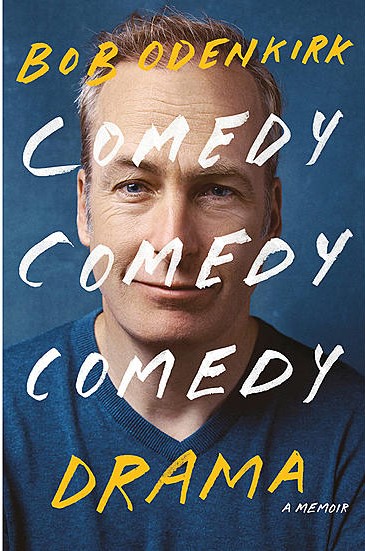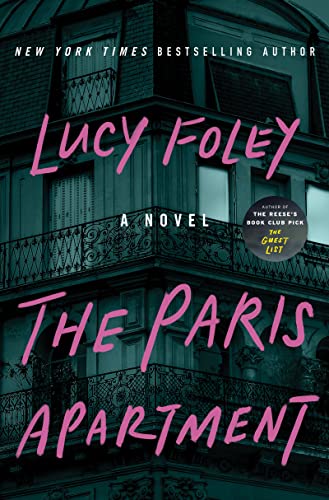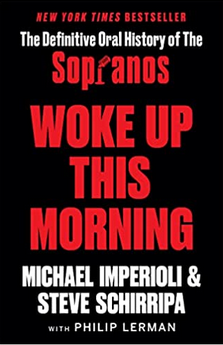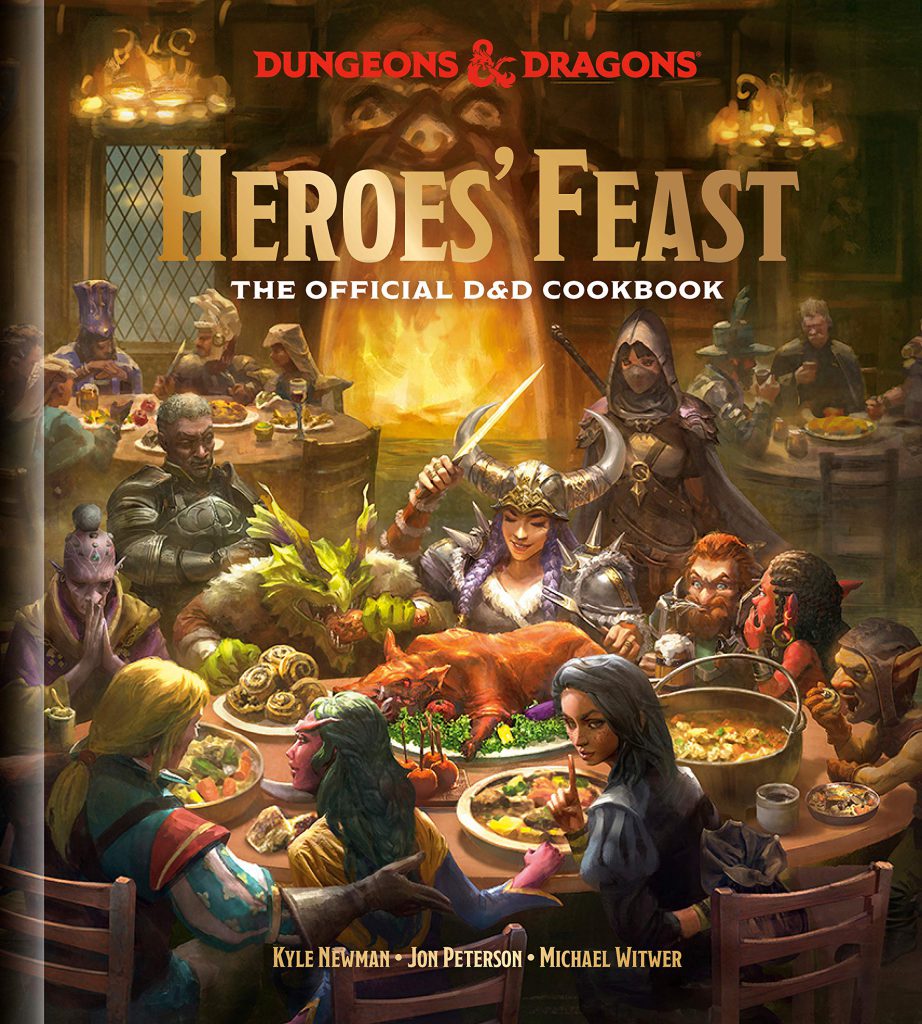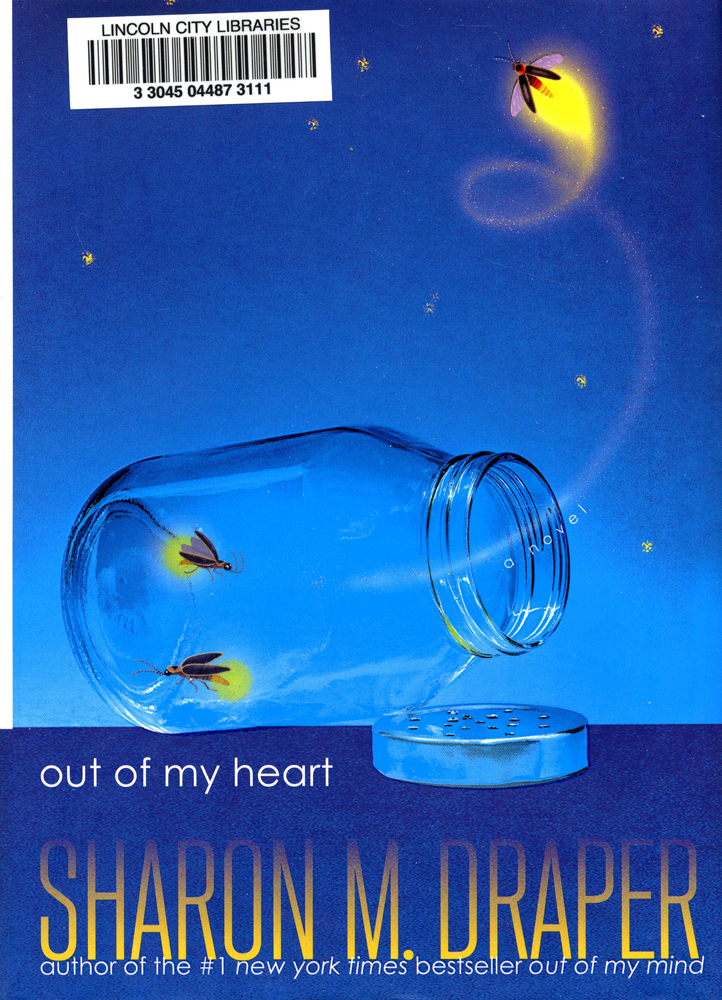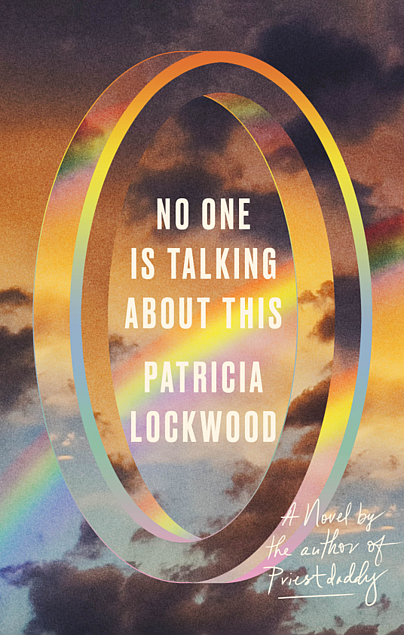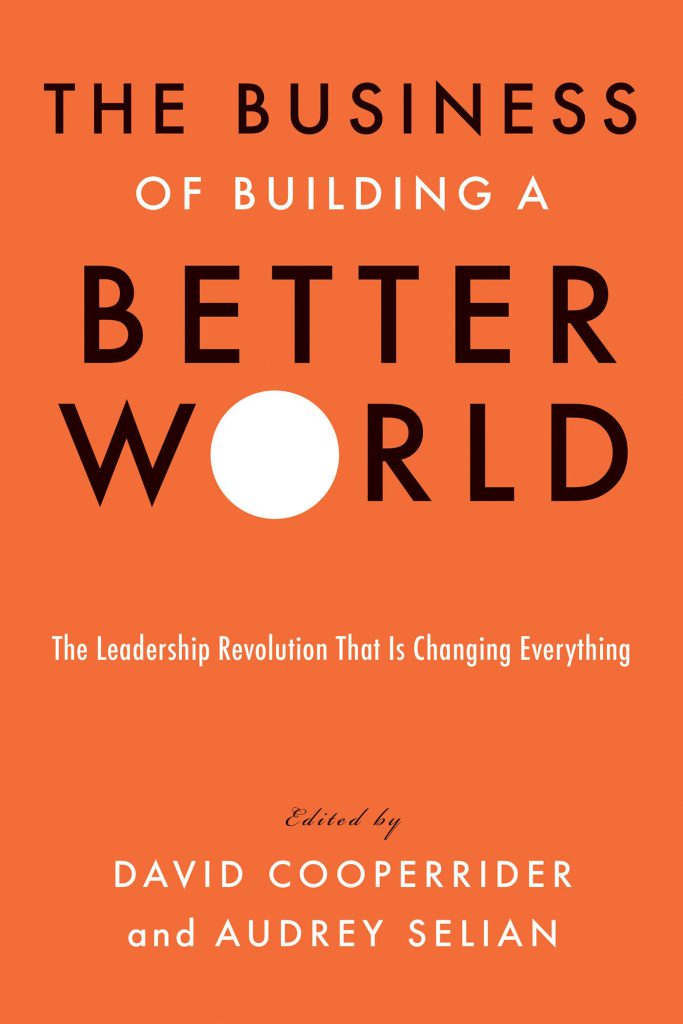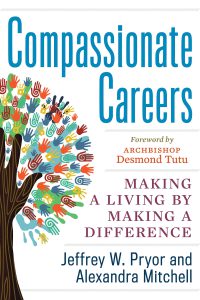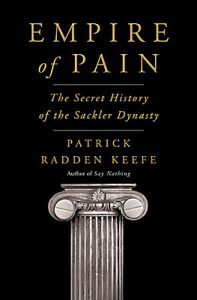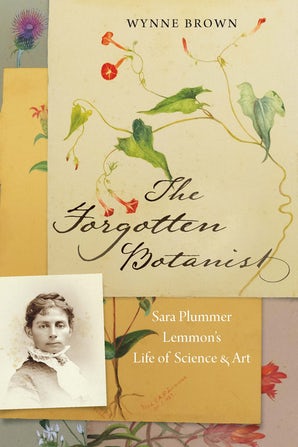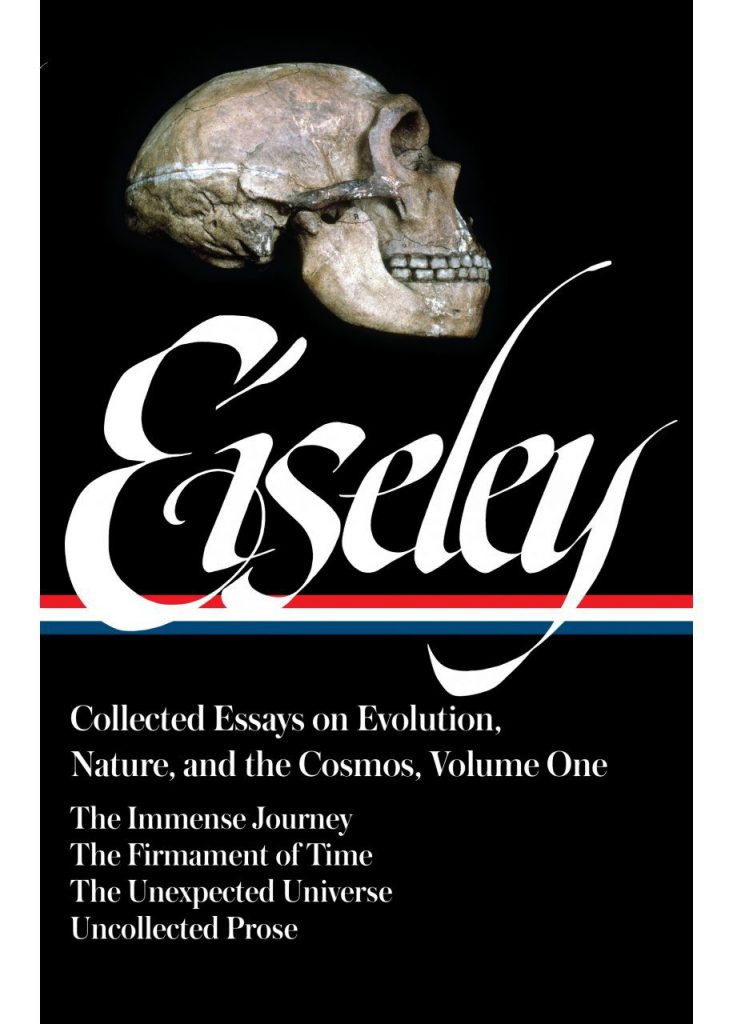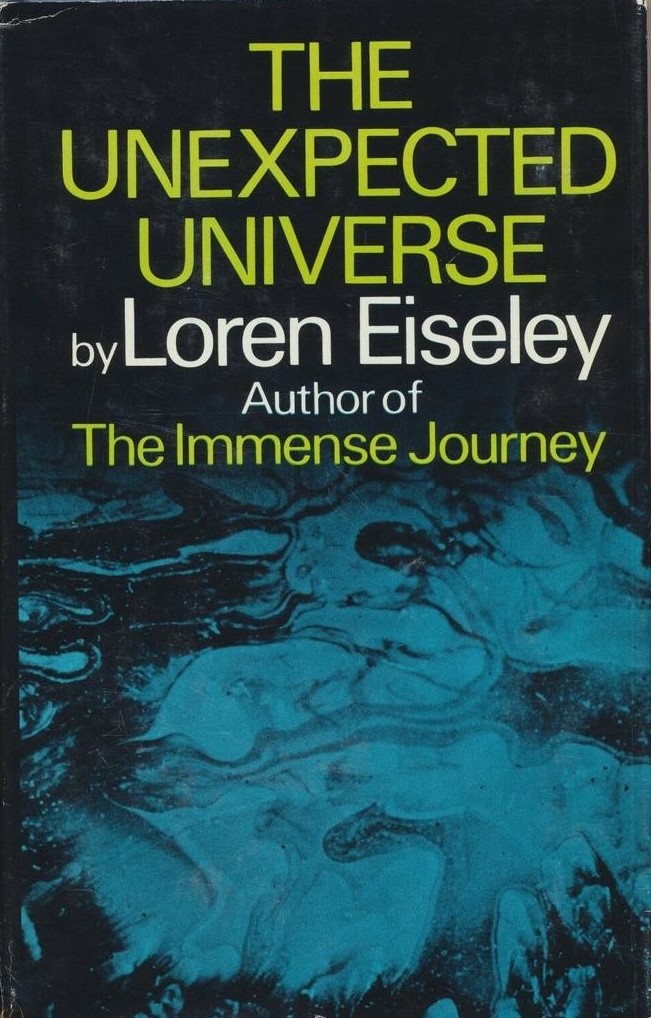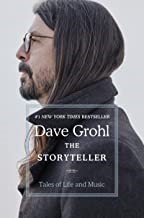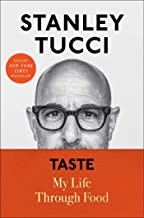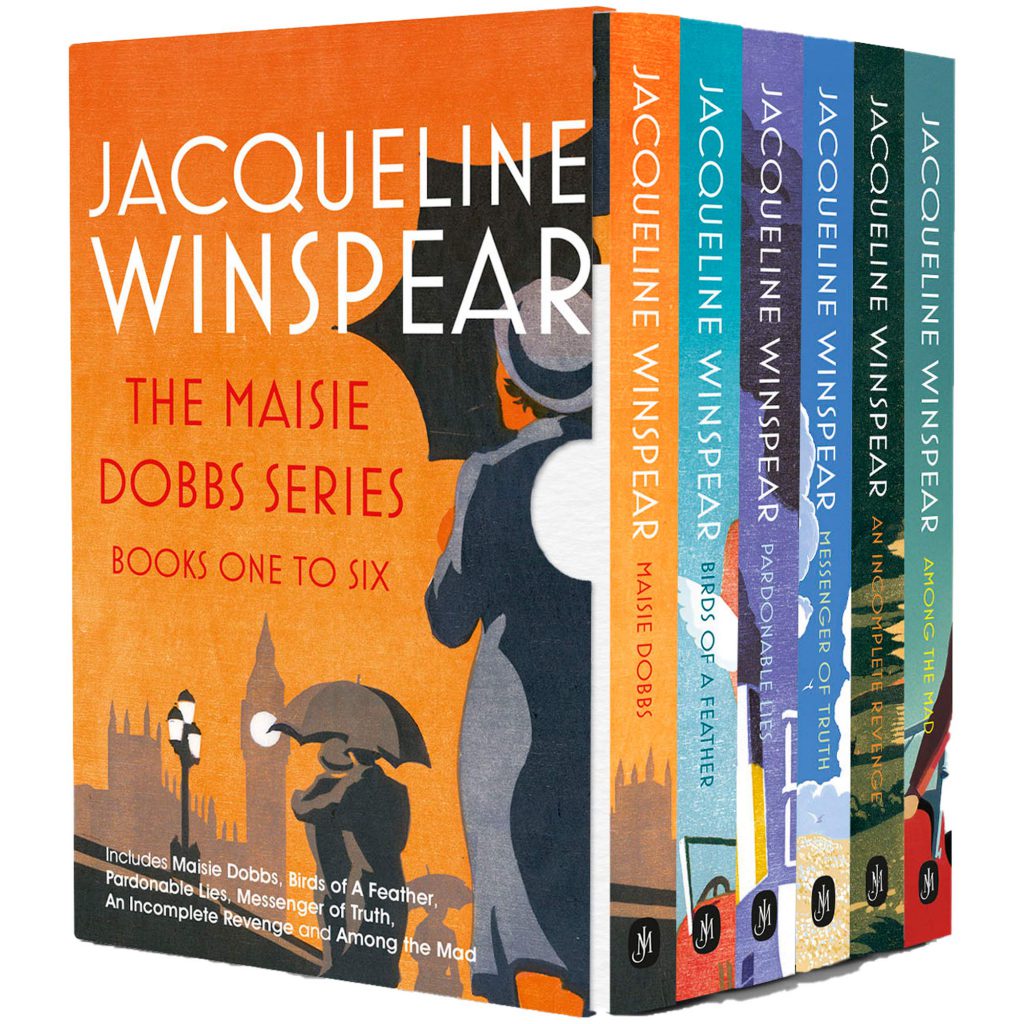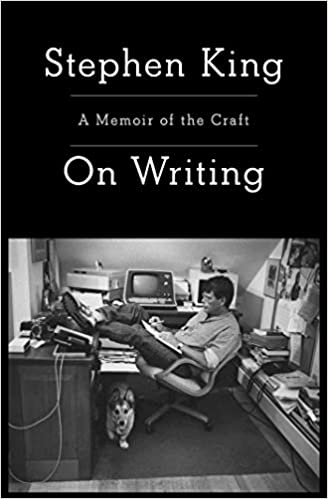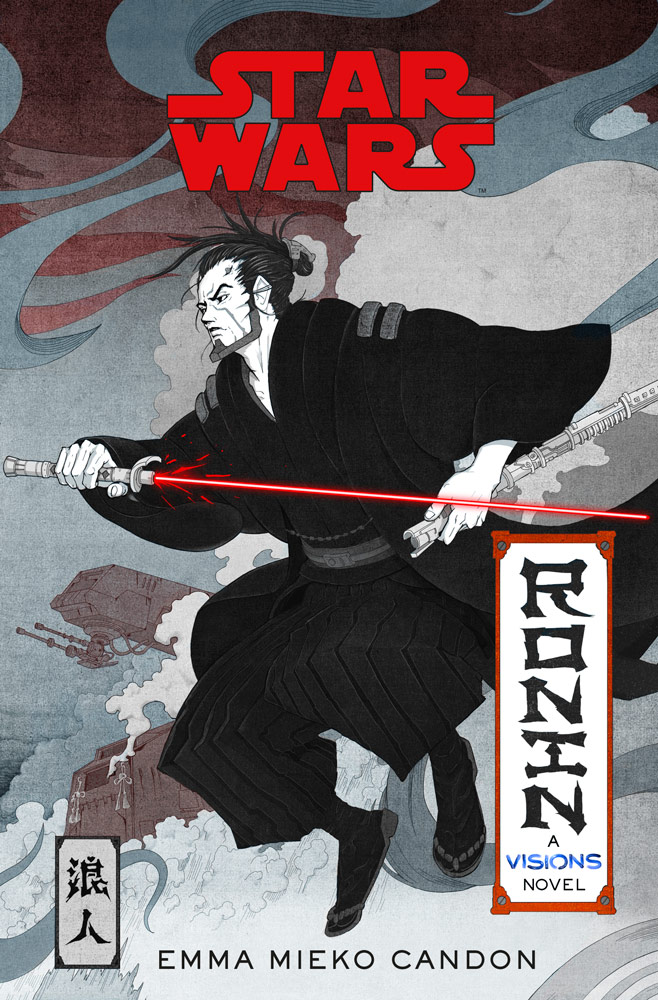Search the Blog
Categories
- Books & Reading
- Broadband Buzz
- Census
- Education & Training
- General
- Grants
- Information Resources
- Library Management
- Nebraska Center for the Book
- Nebraska Memories
- Now hiring @ your library
- Preservation
- Pretty Sweet Tech
- Programming
- Public Library Boards of Trustees
- Public Relations
- Talking Book & Braille Service (TBBS)
- Technology
- Uncategorized
- What's Up Doc / Govdocs
- Youth Services
Archives
Subscribe
Tag Archives: Friday Reads
Friday Reads: Comedy Comedy Comedy Drama: A Memoir
In Nebraska, the comedic figure and dramatic actor Bob Odenkirk exists only in black and white. His two roles that are set in the cornhusker state – Alexander Payne’s film Nebraska and the Omaha vignettes of the popular television series Better Call Saul – are presented on a screen devoid of color. These hardscrabble visuals are in stark contrast to the majority of Odenkirk’s work recounted in his new book, Comedy Comedy Comedy Drama: A Memoir. This is a variegated trail of memories, from the earliest days as a comedy student loitering around Chicago’s Second City to an unlikely turn as a bone-crunching action star in last year’s Nobody.
The Comedy Comedy Comedy portion of the memoir establishes Odenkirk as a one-man U.S. history of alternative comedy. Starting out as a writer, Odenkirk penned some of the more innovative sketches that appeared on Saturday Night Live from 1987 – 1995, and he regularly worked for shows too ahead of their time to commercially succeed in mainstream television, such as the meta-sitcom Get a Life and The Ben Stiller Show.
These jobs would lead to roles in The Larry Sanders Show and a project he co-created, wrote, and performed: Mr. Show, a kaleidoscopic sketch comedy series that continues to influence entertainment and uncannily forecast real life. Some of the current spate of dueling campaign commercials for Nebraska governor, for example, would not seem out of place in the absurd Mr. Show universe.
Comedy…Drama also documents Odenkirk’s journey into more “serious” acting roles that mine the pathos always near the heart of even his silliest giggle-getters. The author’s down-to-earth and consistently funny tone does much to convince the reader of something lofty – that Odenkirk is on an artist’s journey full of risk and uncertainty. For those familiar with his comedy career, the book is a great resource for information about lesser known and unknown projects, like the sketch group The Birthday Boys, the 1989 one-man show Half My Face Is a Clown, and a number of failed pilots for series that never happened.
Comedy Comedy Comedy Drama: A Memoir arrives right as Odenkirk’s most well-known role begins its denouement in the last season of Better Call Saul. Saul Goodman, the crooked lawyer from Breaking Bad, is now Gene, disguised and working as a manager at a Cinnabon in Omaha. It will be fascinating to watch Bob Odenkirk inhabit this character one last time. Saul has always seemed compelled beyond his will to make decisions that will inevitably lead to tragedy. Is it an unavoidable fate, or can he re-saturate his world with color?
Odenkirk, Bob. Comedy Comedy Comedy Drama: A Memoir. New York: Random House, 2022.
Friday Reads: The Paris Apartment by Lucy Foley
As a long-time fan of the murder mystery genre, I have come to love a certain trope of the genre: closed circle mysteries. In these stories, only a limited number of suspects could possibly have perpetrated the crime, and they often take place in isolated or small settings. Classic examples of this trope include Agatha Christie’s Murder on the Orient Express or Death on the Nile where the murders take place on a train and a steamer boat respectively. Lucy Foley has become a modern master of the closed circle mystery trope and her most recent release, The Paris Apartment, does not disappoint.
At the start of The Paris Apartment, we find our main character, Jess, arriving at an upscale Paris apartment building late at night to visit her half-brother, Ben. When he is not there in his third floor apartment to greet Jess upon her arrival, she embarks on a dangerous investigation to find her missing brother. Each resident of the building knows something and each of them has something to hide. There is an angry alcoholic, the quintessential nice guy next door, a sheltered young woman and her party animal roommate, a steely socialite, and an observant and ever-present building concierge.
Foley’s writing takes you through the mystery at a breakneck pace, expertly exposing twists and revealing secrets. Although on a few occasions the characters are in other locations around Paris, the setting of the apartment building is so eerie and claustrophobic that it feels almost like a character itself playing a major role in the unfolding of the mystery. Fans of Agatha Christie novels or movies like Knives Out will delight in the fast-paced mystery with a cast of questionable characters in Lucy Foley’s The Paris Apartment.
Foley, Lucy. The Paris Apartment. New York: William Morrow, 2022.
Friday Reads: Woke Up This Morning: The Definitive Oral History of the Sopranos
There are very few guys (even the pacifists), if they are really being honest with themselves, who would disagree with the notion that at least sometimes they think or wish they could handle disputes like they do on The Sopranos. Very few. And by stating this reality, I’m not saying that those individuals actually would; I’m just saying they wish they could. Argument with some Putz at the store? Traffic road rage? Disagreement at work? Who doesn’t daydream about handling such disputes in the same fashion that Furio Giunta would? There are also other examples besides the “Furio way” that an average Joe might imagine he could handle conflict resolution, of course. Cliff Booth from Once Upon a Time in Hollywood most certainly comes to mind as such a role model. The point is not the ultra-violent acts, but rather the calmness and confidence that accompanies the action. Now, enough of this tangent, let’s get to the book.
Many of you may have at least heard of Talking Sopranos, a podcast started by actors Michael Imperioli (Christopher Moltisanti) and Steve Shirripa (Bobby Baccalieri), and this book (Woke Up This Morning) is basically the condensed highlights version of the podcast. If you don’t want to take the time to wade through each of the podcasts, I’d recommend this book. Easy to read and entertaining. Frequent guests on the podcast include the series actors, writers, set designers, and others that worked on the show’s production. Some quick highlights:
- Steve Shirripa is not nearly as big as Bobby Baccalieri. He wore a fat suit for most episodes, and during the show was actually about the same size as James Gandolfini (Tony Soprano). Around 230 pounds. Ginny Sack (played by Denise Borino-Quinn) also wore such a suit.
- Furio, played by Federico Castelluccio, while born in Napes, Italy, grew up in Patterson, NJ (since he was 3).
- Tony Sirico (Paulie “Walnuts” Gualtieri) is shockingly similar in real life to the character he played. When an episode was set to take place in Paulie’s apartment, the directors went to Tony’s actual apartment, then re-created it for the show.
- The episode “A Don Doesn’t Wear Shorts” was written after James Gandolfini received a phone call on his cell phone from an unknown number, and the caller said, mysteriously, “A Don never wears shorts”.
- Matthew Weiner wrote for The Sopranos from 2004-2007, before Mad Men.
I intend to watch some of these podcasts at a future date. The book (and likely the podcast) sometimes comes across as highbrow back patting about this and that (actors and their “art”); however, overall there is many interesting things to be learned by this behind the scenes book and corresponding podcasts.
Finally, for the record, I’m disappointed by David Chase using The Sopranos theme song, and actors Jamie-Lynn Sigler (Meadow Soprano) and Robert Iler (AJ Soprano) to peddle on behalf of Chevrolet. Watch the show (or re-watch it), not the commercial. And to David Chase: You don’t need the money, so why would you do it? To summarize this, I must quote Tom Waits (substitute “song” for “show” in the passage below):
“It’s no wonder a corporation would want to hitch a ride on the spell these songs cast and encourage you to buy soft drinks, underwear or automobiles while you’re in the trance. Artists who take money for ads poison and pervert their songs. It reduces them to the level of a jingle, a word that describes the sound of change in your pocket, which is what your songs become. Remember, when you sell your songs for commercials, you are selling your audience as well.
When I was a kid, if I saw an artist I admired doing a commercial, I’d think, “Too bad, he must really need the money.” But now it’s so pervasive. It’s a virus. Artists are lining up to do ads. The money and exposure are too tantalizing for most artists to decline. Corporations are hoping to hijack a culture’s memories for their product. They want an artist’s audience, credibility, good will and all the energy the songs have gathered as well as given over the years. They suck the life and meaning from the songs and impregnate them with promises of a better life with their product.”
Imperioli, Michael and Shirripa, Steve. Woke Up This Morning: The Definitive Oral History of the Sopranos. William Morrow, 2021.
Friday Reads: Skunk and Badger by Amy Timberlake
I first read Skunk and Badger by Amy Timberlake last winter with my kids, who both enjoy humor and talking animals (who doesn’t, right?). A story of an unlikely friendship, Badger and Skunk must learn to co-exist in Aunt Lula’s brownstone. Quiet Badger has lived contentedly alone, doing Important Rock Work, when a knock on the door heralds the arrival of his new roommate, Skunk. An arrival Badger would have foreseen had he checked his mail more often and read Aunt Lula’s letter informing him of her decision to invite Skunk into the house. Alas, he had not and the knock is an unpleasant surprise. Now Badger’s world is chaos: no quiet time for reflection and Important Rock Work, piles of dishes to scrub after Skunk cooks them both delicious meals, an errant potato left in the corner of the kitchen. And the chickens! It’s too much for one Badger to bear. Change is hard, but sometimes even the most stubborn of Badgers will realize that life is better with a good friend.
This book was reread this past week by my 11-year-old to present as a book report, and an Important Brownstone Diorama is in the works on our kitchen table. We both highly recommend this first book in the series, as a read-aloud if you are more like Skunk, or as a quiet read-alone if you are more Badger-like. We are currently awaiting the arrival of the sequel in the mail, which we check about as often as a certain Badger.
Timberlake, Amy. Skunk and Badger. Chapel Hill, North Carolina : Algonquin Young Readers, 2020.
Friday Reads: Heroes’ Feast: The Official D&D Cookbook
From the Wizards of the Coast description of Heroes’ Feast: The Official D&D Cookbook, by Kyle Newman, Jon Peterson, and Michael Witwer:
“80 recipes inspired by the magical world of Dungeons & Dragons – perfect for a solo quest or a feast shared with fellow adventurers.”
This cookbook “invites fantasy lovers to learn about their favorite fictional cultures through their unique cuisines and lifestyles. With this book, you can prepare dishes delicate enough to dine like elves and their drow cousins or hearty enough to feast like a dwarven clan or a boisterous orcish horde. All eighty dishes – developed by a professional chef from one of the country’s top test kitchens – are delicious, easy to prepare, and composed of wholesome ingredients readily found in our world.”
Being long-time D&D players, my husband and I just had to have this cookbook. Sometimes you take a risk with these themed books. But, in this case, it was worth it.
The book is divided into six sections. First there are the five Cuisines: Human, Elven, Dwarven, Halfling, and Uncommon, followed by the final chapter, Elixirs & Ales.
Each section begins with a deep dive into that particular culture. At the beginning of each individual recipe, there is a short explanation about it or suggestions on how to use it. The writers are D&D experts, and it shows. They really know how to pull you into the realms and the fare of each of these peoples.
The first recipe my husband tried was the Yawning Portal Buttermilk Biscuits. This was actually his first time ever making buttermilk biscuits. And they were a huge success! Very moist and with a great flavor.
So, the recipes in this cookbook are legitimately good. I can’t wait to try more!
Of course, anyone who has played D&D before will enjoy Heroes’ Feast. But, with all of the lore that’s included, it’s also a good introduction for those who are curious about this world. So, roll your D20, grab a plate, and dig in!
Friday Reads, Out of My Heart, by Sharon M. Draper
A year after the events in the March 2010 title, Out of My Mind, we join Melody during summer vacation. She wants to go to camp and has researched camps that are designed to provide experiences for children with disabilities. The Green Glades Therapeutic Recreational Camp – here comes Melody! Her experiences are believable, her apprehension as well as eagerness to go and to participate. The reader learns more about Melody and her feelings, hopes, and readiness for adventure.
For the first time in her life, Melody has friends, though it takes just a little while for her campmates to gel into true friends. Her parents, especially her mother, are reassured that each camper will have a camp counselor assigned to them all day (and night) every day. Melody was thinking she didn’t want to be monitored all the time, like her younger sister, she is 12 after all.
But then, during the week she is at camp, Melody faces several new situations. She is scared to get into the pool – what if she sinks? Trinity, her counselor, is there for her. They go for a ride around the lake on a pontoon boat – what if it takes on water? No problem, Trinity is there. But horses, they are huge, and how can Melody ride one? The camp has it all worked out and Trinity rides with her.
Some of the best things about this book are all the wonderful new experiences for Melody, the safety of the camp, and her new friends. Also, there are no mean girls or bullies. It may seem like a week of unbelievable opportunities – but there are camps like this around the country. Readers who wanted to know what happened next for Melody, after the first book, will be surprised and happy for Melody’s first camp experience.
Draper, Sharon M. Out of My Heart. Atheneum Books for Young Readers, 2021. ISBN 978-1-6659-0216-8.
Posted in Books & Reading, Youth Services
Tagged E. J. Beaton, Friday Reads, High Fantasy
Leave a comment
Friday Reads: No One is Talking About This by Patricia Lockwood
They kept raising their hands excitedly to high-five, for they had discovered something even better than being soulmates: that they were exactly, and happily, and hopelessly, the same amount of online (118).
To be “Online” is to immediately call your girlfriend when researching the author of the book you read and find out, to your shrieking delight, that the author also the author of The Miette Tweet. “No way!” Thought I. “She wrote The Miette Tweet!?” shrieked my girlfriend. We knew her! We knew her before she wrote this book — and of course she wrote this book! And if that experience of discovery (and the parasocial feelings it triggered) wasn’t in some sort of spirit of No One is Talking About This, I’m not sure what else to say.
What I wanted to read was a tragedy, and a tragedy from the present moment. I have been trying to work my way through The Iliad (trans. Caroline Alexander) and its gravity was too much; Memorial: A Version of Homer’s Iliad by Alice Oswald was better, but it was still too distant from what I felt now. When the reviews for No One is Talking About This told me that Part One was hilarious (or incomprehensible nonsense, depending on how “Online” one was), but that Part Two would cleave your heart in half and leave you unseamed, I dove right in.
No One is Talking About This is a stream-of-consciousness series of “portal entries” (read: Tweets) that follow an unnamed woman who becomes famous for the viral hit of “Can a dog be twins?” Elevated into the comedic spotlight and now an Influencer, she globe-trots to offer her Neodadistic philosophies. All the while, a sense of emptiness chases her. There’s a frantic pulse behind the words she throws out into the portal with her fellow portal dwellers — the familiar questions of “Are we just going to keep doing this till we die? … Are we in hell?” (12) There’s a feeling, which perhaps anyone who has been online too long has encountered, of trying to get one’s hands around the nonsense of everything and shake it so hard that something falls out, so that we can grab that thing and shake it and demand, “what does it mean? what does it all mean?”
Then, a text from her mother: “Something has gone wrong. How fast can you get here?” (119) And the whole of reality — the one that you cannot unplug from — comes crashing in, inescapable.
In the end, I wrestled slightly with my categorization of this book as a tragedy. But I think it holds. Here is a character, and her family, and what they go through is suffering (although it is not all suffering). But it does not end “happily,” in the way that there will be a miracle that stops the inevitable, that turns the ending; there is no deus ex machina. What I wanted from tragedy — what I think we all seek, from tragedy; why we watch Hamlet and Macbeth fret their petty hours on the stage, why we watch the war-gates of Troy open in celebration — is catharsis. To know how it will all end, to face it, to weep, and then to rise up again, wiser. Lighter. I wept through the ending of the book but I was not left hopeless and adrift.
If you are not chronically Online, you might struggle with Part One, but Lockwood’s prose and profundity throughout might guide you around the seeming nonsense (I myself have never been a dedicated Twitter user; I came of age on a different blue hellsite). If you don’t think No One is Talking About This would be your jam, at least please read about Lockwood’s cat, Miette, who is Twitter famous, and speaks in a British accent.
No One is Talking About This was shortlisted for both the 2021 Booker Prize and the 2021 Women’s Prize for Fiction. It is Lockwood’s debut novel.
Lockwood, Patricia. No One Is Talking about This. Riverhead Books, 2021.
Friday Reads, The Councillor, by E. J. Beaton
The Councillor, by E.J. Beaton, is high fantasy, with a Machiavellian twist, whose author’s first book was poetry. It adds to the flavor and fits the pageantry of this political fantasy. The world building is interesting—a lot is accepted as normal, such as men and women both being soldiers, business leaders, politicians, artisans. And Lysande, herself, the Palace Scholar, is a woman in service to the Queen of Elier, who is called the Steel Queen. The Queen herself picked Lysande out of an orphanage to become the Palace Scholar. And raised and befriended her from that point on. She also receives an envelope, making her the Councillor, on the death of the queen, to pick the next heir to the throne. A duty that leaves her very uneasy.
Not only are men and women equals, it even seems, in an understated way, women are expected to be the leaders. Lysande herself, as well as the queen, are taller than the commander of the castle force. The majority of the rulers of the nation had been queens, no few of them warriors. Primogeniture doesn’t seem to be the usual way of naming a successor. Sexuality is more fluid, attraction and romance is not confined to heterosexual conventions. And, all of this is in the background.
I very much enjoyed this fictional debut. So much of the world building is just part of the story. Lysande was in an orphanage as well as many other children, due to a long war freeing the populace from the threat of the “White Queen”, a magically endowed contender for the throne. Magic users are known as elementals, and are magically in power of an element, such as earth, fire, water. At one time in the distant past, the Elementals were the rulers of the country, until they were cast down. Leaving the populace very anti-magic, to the point of executing anyone suspected of being an Elemental. A point of the law Lysande has often debated with the queen.
Lysande is an interesting, flawed character, herself. She never seems to think it unusual that the queen should take so much interest in her although as the Royal Scholar, she is still a commoner. The nobility, here called silver bloods, certainly never let her forget her humble beginnings. She even keeps her lover, a friend from the orphanage, a secret, from everyone in the castle. Partially in compensation for her perceived shortcomings, she takes a magical drug, made of the scales of a chimera, an extinct magical beast. However, all her study of history of the reigns, wars, and kingdoms of the realm serve her well in dealing with the four city rulers who come to be considered for the throne.
The story is not a simple sword & sorcery, but a political, renaissance type tale, mostly told from a complex character’s viewpoint about the difficulty in deciding who should reign over the realm. There is even a sequel that I hope follows up on some of the dangling threads left at the end, and I am definitely looking forward to it.
The Councillor, by E. J. Beaton, DAW Books, Inc., 2021, ISBN978-0-7564-1699-7
Friday Reads: The Business of Building a Better World & Compassionate Careers
I’ll just put it out there: Income inequality disturbs me, and I have a special dislike for businesses that put profits before people. This book does too. The Business of Building a Better World outlines the changes that need to take place for businesses to support humanity, rather than treat people like human capital. To me, this statement seems obvious. People are human and want to know that the work they do everyday means something. Businesses should help solve climate change, gender and racial inequalities, environmental issues, oceans polluted by plastics, and more. Even if social change is not the core mission, businesses shouldn’t make the problem worse.
Yet this book is described as “a visionary look at the future of business”. As someone who has worked in nonprofits and libraries her whole life, I remain baffled that this concept is new. Luckily, this book isn’t the only one talking about how to change the business world for the better. I chose this book for this review because the title does not include “social change”, “social justice”, “manifesto”, or any number of other overwhelming or potentially triggering worlds.
Published recently in November 2021, this book acts as a summary, using stories and articles to show how businesses need to change to support the world. The book focuses on changes to leadership, from management practices to a shift in core values. Yet I read the book for a different reason.
I’ve been helping libraries build resources related to technology, skill-building, and the future of work. Like many, I realized that both leaders and employees need to change. Employees need to change the way they vet out employers and decide what to do for a living.
Look at the flip side in Compassionate Careers: Making a Living by Making a Difference, by Jeffrey W. Pryor. Part of the incentive for businesses to change is for employees to demand change and communicate the desire for work that makes the world better. By shifting the way we look at existing and future jobs, we can all make a difference.
We can’t have one side of the coin without the other. Leaders and employees need to work together. Neither book should be revolutionary. Nobody should bat an eye because the concepts are so obvious. People deserve to work under leadership that treats them like humans who are part of the wider world. Leaders should only be leaders if they understand what matters to people and how their organization can support the wider world.
Try to say it out loud: I deserve work that matters in the world. We all do. Our collective systems should support work that builds a better world. How did that feel? Could you get the words out? Did the words come naturally, or did your tongue feel thick with disbelief and anguish that future generations could have meaningful work while you did not?
Read The Business of Building a Better World and Compassionate Careers if you want the world to suck less in the future. As libraries continue to support job searches, career exploration, and the search for personal identity, maybe we help turn the tide for the better.
Friday Reads: The House in the Cerulean Sea” by T.J. Klune
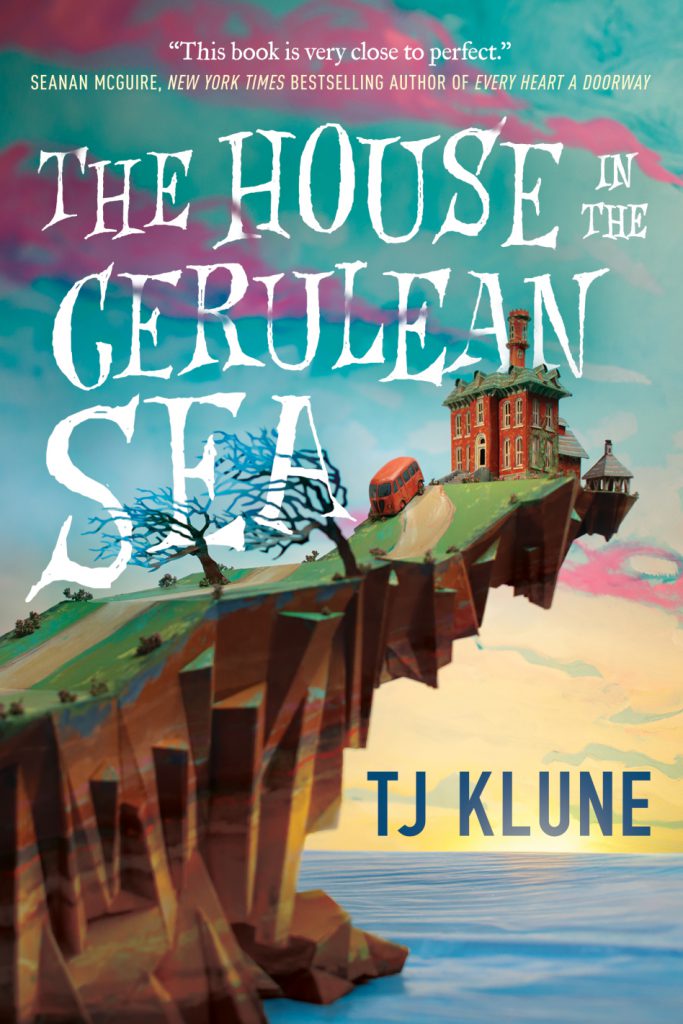
I’ve probably said it before but if you’re anything like me reading has recently become kind of a chore. After recently getting a dedicated e-reader the total volume of my reading has increased, just from the sheer volume of titles now available to me at the click of a button, but I was still having a hard time finding a book that I thought deserved particular attention. That is until I found this week’s book.
“The House in the Cerulean Sea” is the sweetest little novel, and a surprisingly quick read, written by T.J. Klune. It takes place in a fantasy world, not unlike earth, that follows the life of one Linus Baker, a caseworker for the Department In Charge of Magical Youth. At DICOMY his job is to evaluate the orphanages the department runs when situations arise, including the facilities and the masters in charge of each one. Although not uncaring Linus is proud of his ability to do his work by the book, literally a 900+ page volume entitled “Rules and Regulations” that he purchased from the company and lugs with him wherever he goes. It is because of this attention to the rules that Linus is given a special assignment by Extremely Upper Management to evaluate one of their more extraordinary orphanages.
An orphaned gnome, who keeps the most beautiful garden, and a shy young man who, when overtaken by extreme anxiety, turns into a Pomeranian are just a few of the children that give this orphanage its life and color, a very different setting than Linus’s usual drab gray life. Over the month that Linus has been given to evaluate the home, he is confronted with how living by the book can not only be restrictive of life and all it has to offer but may end up being detrimental, too.
If you’re looking for a cozy read that makes you think a bit “The House in the Cerulean Sea” fits the bill perfectly. I’ve heard good things about his most recent book “Under the Whispering Door” and it’s now on the top of my to-be-read book pile. Could this mark the end of my reading slump?
Klune, T.J. The House in the Cerulean Sea. New York: Tor, 2020.
Friday Reads: Empire of Pain: The Secret History of the Sackler Dynasty, by Patrick Radden Keefe
Patrick Radden Keefe’s latest book, Empire of Pain, released on April 12, 2021, is a timely account of three generations of the Sackler family and the role they’ve played in the ongoing opioid crisis. It starts out as a classic American rags-to-riches story–three entrepreneurial brothers, born to poor immigrant parents in Brooklyn in the early 20th century, who succeed beyond their wildest dreams, winding up as billionaire philanthropists. It also tells a darker tale of corporate greed, coupled with personal hubris, leading to devastating social consequences.
Most of us know a bit about the Sacklers, due to media coverage of the multiple lawsuits filed against their privately owned company, Purdue Pharma, which manufactures and markets OxyContin. Purdue Pharma introduced this highly addictive extended-release painkiller to the market in 1996, and it was a game changer. Indeed, many view its arrival on the scene as the most significant precipitating event leading to the now-decades-long opioid epidemic.
If you want to know more, Keefe’s extensively researched book provides compelling evidence of why this family and their pharmaceutical company are viewed as culpable. And sadly, it feels like a too-familiar narrative:
- There’s the FDA employee who, shortly after overseeing approval of OxyContin, wound up accepting a well-paid position with Purdue Pharma.
- There’s the misleading marketing strategy of touting OxyContin as less addictive and less prone to abuse because of its time-release coating, even though company insiders knew from monitoring online discussion groups that users were crushing and chewing the drug to get a bigger “hit.”
- There’s the sales force that continued to call on and sell to doctors who were clearly running pill mills, because of unending pressure to increase revenue.
- And finally, there is the pathological refusal of family members to accept any responsibility for the problems that proliferated in conjunction with OxyContin sales. They seemed to view reports of OxyContin-related addiction and overdose deaths as PR problems that unfairly sullied the reputation of Purdue’s prized product, not as human tragedies: Addicts were the victimizers and Purdue Pharma and the Sacklers were the victims.
If you’re a fan of corporate exposes, this book will be right down your alley. It would also be a good companion read if you are watching the limited series Dopesick, now streaming on Hulu.
Keefe, Patrick Radden. Empire of Pain: The Secret History of the Sackler Dynasty. New York: Doubleday, 2021.
Friday Reads: The Forgotten Botanist : Sara Plummer Lemmon’s Life of Science and Art
Every once in awhile, a book comes along that, even though it is non-fiction, is so well written that it reads like a novel. The Forgotten Botanist : Sara Plummer Lemmon’s Life of Science and Art, by Wynne Brown, is just such a book. I was drawn in immediately by Ms. Brown’s eye for detail and well written narrative of Sara Plummer Lemmon’s life, loves, and scientific contributions to the field of botany.
The Forgotten Botanist is the story of an extraordinary woman who, in 1870, was driven by ill health to leave the East Coast for a new life in the West—alone. At thirty-three, Sara Plummer relocated to Santa Barbara, where she established the town’s first library and taught herself botany. Ten years later she married botanist John Gill Lemmon, and together the two discovered hundreds of new plant species, many of them illustrated by Sara, an accomplished artist. Although she became an acknowledged botanical expert and lecturer, Sara’s considerable contributions to scientific knowledge were credited merely as “J.G. Lemmon & wife.”
The Forgotten Botanist chronicles Sara’s remarkable life, in which she and JG found new plant species in Arizona, California, Oregon, and Mexico and traveled throughout the Southwest with such friends as John Muir and Clara Barton. Sara also found time to work as a journalist and as an activist in women’s suffrage and forest conservation.
The Forgotten Botanist is a timeless tale about a woman who discovered who she was by leaving everything behind. Her inspiring story is one of resilience, determination, and courage—and is as relevant to our nation today as it was in her own time.
*Courtesy of University of Nebraska Press
Posted in Books & Reading, General, Information Resources, What's Up Doc / Govdocs
Tagged Friday Reads
Leave a comment
Friday Reads: The Unexpected Universe, by Loren Eiseley
If a Mount Rushmore of Nebraska literary figures were ever to be carved into the Dakota sandstone through which Lincoln’s Salt Creek flows, the bespectacled visage of Loren Eiseley would have to be considered for inclusion. Eiseley (1907 – 1977), a renowned paleontologist, anthropologist, poet, and science writer, was born in Lincoln and spent his formative years here (his early childhood home on South Street still stands and there is a Lincoln City Libraries branch named after him), establishing a lifelong pattern of wandering widely, often alone, and investigating what nature revealed to him.
Eiseley is a compelling writer because his interpretation of these clues is always an amalgam of hard science knowledge, compassionate humanism, and a sort of stoic poetry that often seems to stop just short of surrendering to the void. This is particularly true of the ten essays that comprise his 1969 book, The Unexpected Universe. Each essay is a set piece built around some image or experience that has profoundly affected Eiseley, and he spends the essay turning his scientific eye inward — examining his own emotional strata and why he is, to use modern parlance, so “shook” — and outward, drawing upon a classical set of allusions that include Plato, Shakespeare, Darwin, Emerson, Thoreau and others to frame the piece in context for the reader.
Similar to the transcendentalist modes of Thoreau and Emerson, being alive in human form is ultimately a cosmic mystery for Eiseley, and life is a quest for meaning. These essays suggest that this meaning or understanding tends to emerge in coded disguise, such as the letter-like markings of an alphabet shell, a suddenly recalled memory of a “junkman” and his horse-drawn cart at the corner of R and 13th in 1923, or a giant cecropia moth that invades an outdoor theatrical play staged under the lights. These sparks of connection with the rest of the universe are fleeting, leaving the author perhaps even more alone than he realized before.
In this sense, The Unexpected Universe is truly a product of its cultural-historical moment in the late 1960s, the same zeitgeist that infuses Stanley Kubrick’s 2001: A Space Odyssey, created right before human beings placed one of our own on the moon on July 21, 1969. After decades of sci-fi pulp fiction speculation about encountering other intelligent life forms on other planets, the reality of the vast emptiness of outer space and the lonely human position within it became more apparent.
The evolutionary anthropologist Eiseley reminds us that it was always so. However, within matter there is solid-arity: throughout the book he imbues most every living thing and once-living thing with the mythopoeic quest of Odysseus, at one point even lamenting individual blood cells reaching their adventure’s end as they pool below his head after a fall. Reading Eiseley is an exercise in heightened awareness of the microcosmic, macrocosmic, and long geologic history of the earth that offers a renewed sense of how special it is to be alive in this moment.
Eiseley, Loren C. The Unexpected Universe. San Diego: Harcourt Brace & Company, 1994.
Friday Reads: Celebrating Jolabokaflod
Jolabokaflod, or “Christmas Book Flood” in English, is the Icelandic tradition of giving books on Christmas Eve and reading into the night. Here are two books I am gifting my friends Vern and Jon for their Christmas Eve reading.
Vern was born the same day and year as Stanley Tucci and honestly, there are some passages in Taste that make me believe there could be something to birthday twins being similar. Vern’s husband Jon is a huge Foo Fighters fan, and all the press Dave Grohl’s book, The Storyteller, received made me curious to learn more about this musician’s life. I think it is helpful (mandatory?) to read a book before you gift it because giving books can be a burden to the recipient — if you don’t believe in the book, why should they? I’m pretty certain I have a sure thing with both titles.
For those who aren’t familiar with Stanley Tucci, he became an internet sensation this past spring for his viral instructional video on mixing a negroni which is, incidentally, the very first recipe in his book. The recipe concludes with the following instructions: sit down, drink it, declaring, “the sun is now in your stomach.” Tucci’s book is a memoir through the lens of food. There are chapters on his Italian parents and their traditions; the family’s year spent living in Italy; restaurants and life in New York as a young actor; food on several film sets and locations; food with his wife, Kate; life in London with his wife, Felicity; and surviving tongue cancer. This book also complements the CNN Series Stanley Tucci: Searching for Italy, which aired earlier this year and is still available for viewing on demand if you missed it the first time around. And good news, there is confirmation of season two!
I devoured this book, and knowing I would be sharing it with Vern I consumed it with anticipatory glee, imagining his reactions. And even though I listened to Tucci narrate the audio edition of his book, I used post it notes to mark certain passages in Vern’s print edition that I hoped would stand out. I predict the New York chapter and the Meryl Streep Julie and Julia chapter will be favorites. I read a review of this audiobook that said “listening to this memoir is not a completely successful experience,” but in my opinion that reviewer is simply wrong. While it’s nice to have the recipes in print, listening to Tucci speak Italian and curse makes the audio preferable to me. During the pandemic, armchair travel was all many of us could do, and if Italy is on your list? Get Tucci’s book, watch his series, boil some pasta, and you’ll be halfway to celebrating la dolce vita!
As a former musician, I found Grohl’s process of coming to music as a vocation fascinating. Like the Beatles and my personal favorite, James Taylor, Grohl never learned to read music. Dave taught himself to play by fastidiously listening to music and literally making the drum sounds with his teeth, leading his dentist to wonder what caused his early dental deterioration. Because he couldn’t rely on written music, there was a memorization that made the music a part of him. He does admit to taking one drum lesson where he was told he was holding his sticks wrong, but that was his only formal education. Grohl also described how he experienced music through synesthesia – a process when hearing music makes you see shapes or smell something specific. It is, quite literally, “a neurological condition in which information meant to stimulate one of your senses stimulates several of your senses.”
The relationship between Dave and his mom is also one to cherish. Her counsel and support to a son who was danger prone (a frequent visitor to the ER) and not driven to scholarly success was affirming to read, especially knowing that it all worked out in the end. As a single mom, he describes her as his best friend. This famous relationship is documented in a book written by Virginia Grohl: From Cradle to Stage: Stories from the Mothers Who Rocked and Raised Rock Stars .
After reading several memoirs and biographies, I have to comment that Dave’s attention to his relationships lacks details. Describing a particular recording session, he mentions his marriage was falling apart, and unless I missed it there was no prior mention of a marriage. He begins another paragraph with a phone conversation to his mom by saying, “Mom, we’re having a girl.” It’s possible wives past and present wanted little mention in the book or maybe that’s just the way Dave rolls. The overall takeaway for me is that Dave is driven and deeply introspective in a way that has served him well. I admired his ability to make and maintain friends throughout his life and his tenacious optimism.
And – if you’re wondering what my neighbor Mary is reading? Once I found the very first book in the Mitford Series in her book stacks, she was completely engaged with these characters and the North Carolina setting. She read all of the books in a couple of months. She followed the series by reading the Stanley Tucci book I loaned her and has now started on the Louise Penny Inspector Gamach series. I gave her a copy of Rosamund Pilcher’s Winter Solstice for her birthday in October and we read it together for the holiday, a book that I learned she had purchased years ago and I located recently, tucked away in her collection. I only brought back to her what she had already found but had forgotten about. Happy Jolabokaflod everyone!
Friday Reads: Maisie Dobbs Series by Jacqueline Winspear
The Maisie Dobbs mystery series begins in 1929 with Dobbs, a psychologist and investigator, opening her own detective agency. With 16 books to date in the series, the 17th is set to be out this March, Winspear has been writing this character for over 18 years. The heroine, Maisie Dobbs, is a physiological detective solving all kinds of cases including murders and missing persons in the heart of London. Her inclusion of non-western methods such as meditation and intuition make for a thoughtful and all-encompassing approach to solving mysteries. Working as a nurse on the Front during WWI, war and its effects play a large role in Dobb’s storylines as well as crossing society’s class lines. As a fan of mysteries, procedurals, and detective books in general, I find a certain comfort in Winspear’s series. The thrill solving the mysteries is there without some of the more graphic aspects you might find in other crime novels. I love the female lead in a mostly male occupation as well as the thought-provoking nature of the stories. The Maisie Dobbs series is perfect for readers who already love Hercule Poirot, Sherlock Holmes, and Armand Gamache.
Posted in Books & Reading, General
Tagged Book Review, Friday Reads, Jacqueline Winspear, Maisie Dobbs, mystery, Reading, series
Leave a comment
Friday Reads: Stephen King. On Writing.
I have read only one Stephen King book and that is On Writing: A Memoir of the Craft. I read the book several years ago and recently listened to the twentieth anniversary edition audiobook (narrated by King). The title suggests that the book covers more than writing. It is every bit as much a memoir, and an interesting one indeed. Included are experiences from early childhood growing up in a financially stressed home, and his early years as a struggling writer contributing essays and short stories for magazine publication. There is also his lengthy and difficult recovery from a near fatal accident.
Notable is the astonishing experience of being notified that his novel, Carrie, was accepted for publication by Doubleday and that he would receive a $2,500 advance against royalties. That happened while he was a lowly paid high school English teacher, and after his wife pulled his pages from the trash and encouraged him to keep writing. King thought he had written a loser. New American Library later purchased the paperback rights for $400,000. From there King has gone on to become one of the bestselling authors of all time.
King offers his views on writing as a craft with observations such as “When you write a story, you’re telling yourself the story. When you rewrite, your main job is taking out all the things that are not the story.” King says that he writes daily and strives for 2000 words per day. His encouragement to writers is to make writing a daily habit. He credits the Elements of Style (Strunk and White) as a basic and valuable source. Oh, and he dislikes adverbs. King is quoted as saying “I believe the road to hell is paved with adverbs.”
King has received nearly as many awards as he has published books. He has written over sixty novels, several non-fiction books, hundreds of short stories, and with hundreds of millions copies sold. Among many of King’s awards is the 2003 National Book Foundation Medal for Distinguished Contribution to American Letters.
The twentieth anniversary audio edition includes Owen King reading his essay, “Recording Audiobooks for My Dad, Stephen King.” This, along with King’s excellent narration, makes the audio version a good choice.
King, Stephen. On Writing: A Memoir of the Craft. Simon & Schuster. 2020.
Friday Reads: Dangerous Ideas: A Brief History of Censorship in the West, from the Ancients to Fake News, by Eric Berkowitz

I didn’t know what to expect from Dangerous Ideas: A Brief History of Censorship in the West, from the Ancients to Fake News, by Eric Berkowitz. It was on the new audiobook display at the public library when I went in to grab some holds. I hadn’t heard any advance press, and didn’t know anything about the author. And of course I have some strong opinions about the subject matter—what library worker doesn’t? I decided to give it a chance, and I’m glad I did.
Berkowitz is a lawyer and a journalist, and there is impressive scholarship here, with new angles on histories you think you might already know. It’s refreshing to read these new insights on familiar chronicles. It’s also interesting to see the long narrative arc of censorship through the centuries, and how there are periods of progress and regression, and how technology changes the conversation.
The historical insight on the use of censorship in Ancient Greece and Rome helps inform the history I’ve already learned, and I also think it would be interesting for someone without that previous grounding. The section on medieval England definitely draws some clear lines from then to now, and the evolution of the “marketplace of ideas.”
The section on WWII is especially interesting, and it gave me many anecdotes to share with others. I read about how censors in many countries changed standards quickly, as feelings about involvement in war changed—and how when alliances changed, censorship followed. And how changes in censorship informed the public’s feelings about the war.
The author’s observations of the modern era are clear-eyed, and he doesn’t pretend to have answers he can’t have. This might frustrate some readers, but I found it honest, and without the stridence that usually underlies discussions of censorship today. The author does note how censorship is changing with new media, and I think anyone interested in this topic would benefit from engaging with this discussion.
Berkowitz, Eric. Dangerous Ideas: A Brief History of Censorship in the West, from the Ancients to Fake News. 2021.
Friday Reads: The Sneetches
Written in 1961 (with a variant early edition published by Redbook magazine in 1953), this book contains The Sneetches and, well, other stories (The Zax, Too Many Daves, and What Was I Scared Of?). Add The Sneetches to the list of Dr. Seuss material that provides a valuable life lesson that today’s society has completely discarded or forgotten. It is by far the highlight of this collection. A classic story of us v.s. them, diversity, and tolerance, The Sneetches further expands on these notions with the addition of a capitalistic villain who takes advantage of and pits the star bellied Sneetches against their non-starred counterparts. The parallels to the world we live in today are uncanny. The Zax expands on The Sneetches and provides a lesson about stubbornness, as a north travelling Zax meets a south travelling Zax, and both refuse to move out of the way of the other one. Too Many Daves tells the story, of well, a lady who named all of her kids Dave (all 23 of them), and, you guessed it, regrets her decision. Finally, What Was I Scared Of? tells the story of a young guy who is scared of a pair of pants (who wouldn’t be scared of a talking pair of pants?), but in this case, the pants are just as scared – of the scared guy. A classic example of perception. Many of the books published by Seuss ultimately circle back to lessons of differing viewpoints, open-mindedness, and acceptance, and The Sneetches is no different.
Seuss, Dr. The Sneetches and Other Stories. New York: Random House. 1961.
Friday Reads: “Come Fly With Me: the Jet-Age Story of the Women of Pan Am” by Julia Cooke
If you’ve spent the pandemic grounded as I have, you may enjoy the escape to exotic locates found in Julia Cooke’s Come Fly the World: the Jet-Age Story of the Women of Pan Am.
Following the career progression of three Pan Am flight attendants, Cooke also delves into the evolution of the career itself from the 1950s through the ’70s. Many young women vied for the job of globe-trotting stewardess, but few possessed both the physical attributes (height and weight requirements) and education (a college degree and fluency in two languages were expected), combined with the poise and grace needed to deal with unruly passengers and remain calm in mid-air emergencies. Those who did were rewarded with the opportunity to see the world, shop in foreign markets, and establish themselves as independent women with their own income, with the caveat that they were expected to retire at the age of 26 or upon getting married.
These women were often on the forefront of world events, from Cold War espionage to shuttling U.S. troops on R&R trips out of Vietnam. Flight attendants on layovers in Moscow were surveilled by the Russian government, and planes were shot at in war zones.
They were also often on the leading edge of the feminist movement, pressing the industry for changes in uniforms and physical requirements, as well as allowing married and pregnant women to continue working, and helping men gain entry into the profession.
If your impression of flight attendants is more “Coffee, tea, or me?” than “I am woman, hear me roar”, you will find Cooke’s history of the profession, with it’s glamour and grit, as fascinating as I did.
Cooke, Julia. Come Fly With Me: the Jet-Age Story of the Women of Pan Am. Marine Books, 2021.
Posted in Books & Reading, General
Tagged books, Flight attendants, Friday Reads, Jet-Age, Julia Cooke, nonfiction, Pan Am, Reading
Leave a comment
Friday Reads: Star Wars: Ronin: A Visions Novel by Emma Mieko Candon
“I am my own blood,
and these are my own people.
Never again do I serve the Jedi.
Never again do I yield to their lords.”
―The Ronin
Star Wars: Ronin: A Visions Novel, the debut novel by Emma Mieko Candon, is inspired by the first episode of the anime anthology series Star Wars: Visions, ‘The Duel’. The series is a re-envisioning of the Star Wars universe, with each episode an original story produced by various Japanese animation studios.
The novel begins with re-telling ‘The Duel’, the story of a lone wandering Ronin and his droid, B5-56, who come upon a village besieged by Stormtrooper bandits. The Ronin fights their leader in an attempt to free the village from them. But the novel provides more background and details, giving a better understanding of the anime episode. Then it continues with the Ronin’s further travels and battles throughout the Outer Rim.
Just like the anime series it is based on, Ronin is not part of the official Star Wars canon. It’s an alternate history of the Jedi and the Sith, in which the Jedi are feudal clans and loyal servants in their Empire. The Sith are a sect of the Jedi who attempted a rebellion against the status quo, but failed.
It is well known that George Lucas was influenced by Japanese cinema when creating Star Wars, and that same influence is well-represented here. Ronin is Star Wars set in a fully realized Japanese culture. That’s no surprise, as the novel is written by a fourth-generation Japanese-American.
With it’s more fantasy style of story-telling, Ronin is very different from other Star Wars novels. And I mean that in a good way. If you’re unsure if Star Wars literature is for you, I recommend trying Ronin. It is both completely separate form the Star Wars you know, and completely embraces it at the same time.
